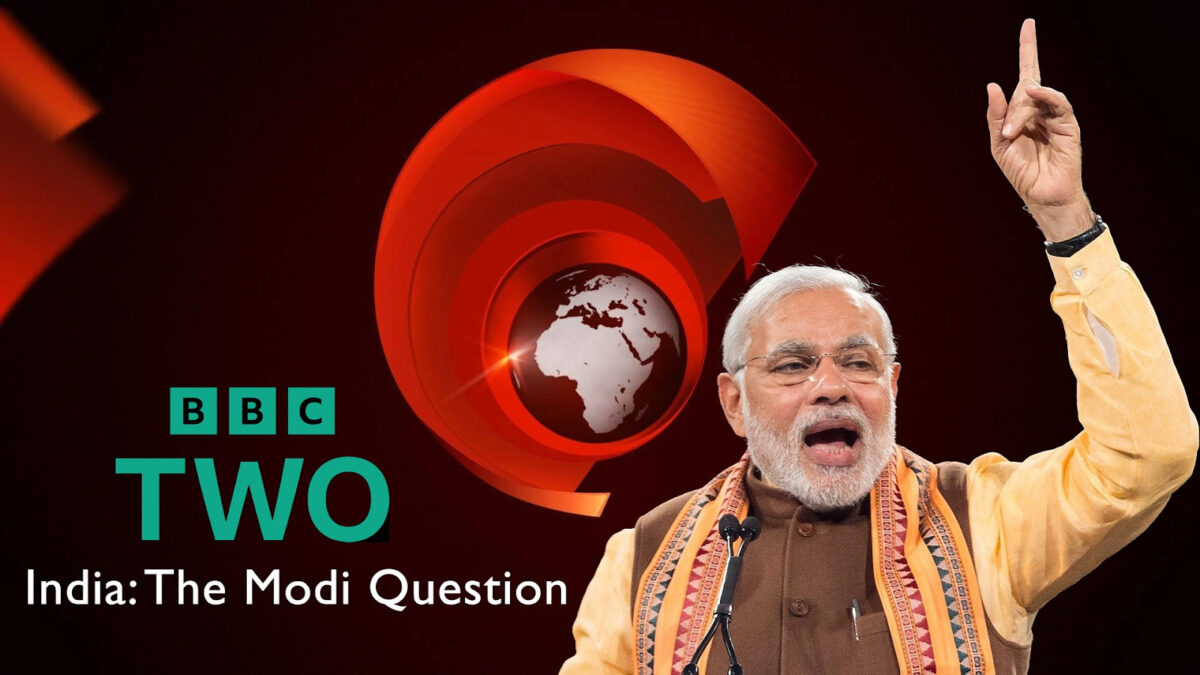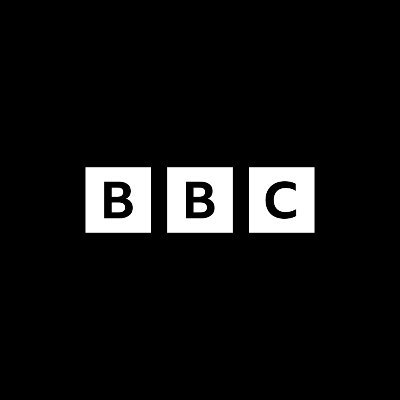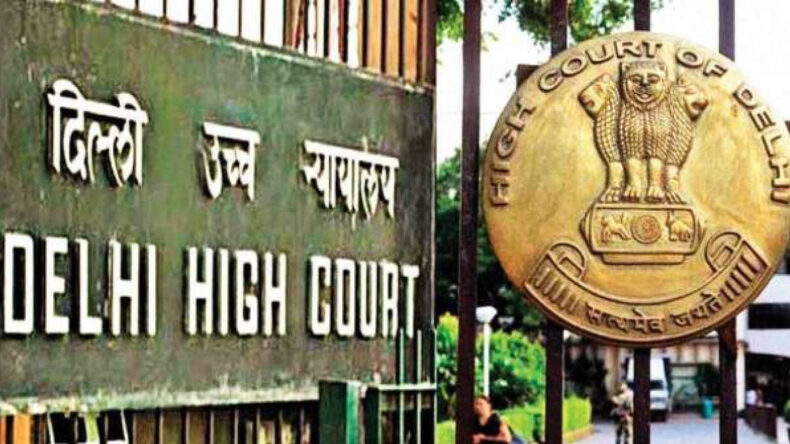Delhi High Court on 22 May 2024, issued a summons to BBC (British Broadcasting Company) in a defamation suit filed by a Gujarat-based NGO, regarding the BBC documentary on PM Modi’s role in the 2002 Gujarat riots.
Senior Advocate Harish Salve is going to fight on behalf of the NGO. They’ve issued a statement saying that the documentary casts a slur on the reputation of the Prime Minister of India and the Indian Judiciary.
Justice Sachin Datta will be hearing the appeal in September 2024.
About the BBC Documentary
The BBC Documentary, India: The Modi Question, was released on January 17th, 2024. It is a two-part documentary that explores the tensions between the Hindu majority and Muslim minority in India and the role of Narendra Modi, the then Chief Minister of Gujarat, in it. It included reports of the Gujarat Riots, 2002 which opened up a can of worms and proved that the extent of the violence was much greater than originally reported.

Source: OpIndia
In January the documentary was banned by the Bharatiya Janata Party (BJP). Arindam Bagchi, the spokesperson of the Ministry of External Affairs, argued that the documentary was a “propaganda piece”. He added that the documentary has been designed to push a particular discredited narrative that is biased and subjective. He also wonders about the motive behind the company making this documentary now, after all these years.
The Broadcasters issued a statement that said that the documentary was rigorously researched and included the views and opinions of various witnesses, from both religious groups, experts, and even people from the BJP. They also stated that the Government of India was given the right to reply, but their offer was declined. “Right to Reply” or the “Right of Correction” means the right to defend oneself against public criticism in the same venue where it is published.

A couple of weeks after the release, tax department officials raided BBC offices in Delhi and Mumbai. The officers told the media that the raid was regarding a tax evasion investigation. The BBC reported to have been “highly cooperative” with the officers from the department. They hoped that they could go back to doing their jobs as soon as possible.
Going back to the Gujarat Riots of 2002, there have been several reports that tie PM, Modi, to the violence that occurred that year. However, the Modi government has continuously disregarded the allegations. In, ‘Democracy: Who Is She When She’s At Home’, an essay written by Arundhati Roy, she brilliantly puts into words the state of Gujarat and its people.
This is not the first movie or show that has been banned in India. The ban indirectly violates the freedom of speech and expression. It puts rigid censorship on what can and cannot be published on the internet. The Union gets to have the final say on it.
India’s press freedom has declined ever since Modi Govt came to power in 2014. Our position has dropped from 140 to 150 on the World Press Freedom Index. To avoid a rerun of the Emergency and the Censorships imposed during Indira Gandhi’s tenure, it is important to take one step back to see the signs before it turns into something bigger.












